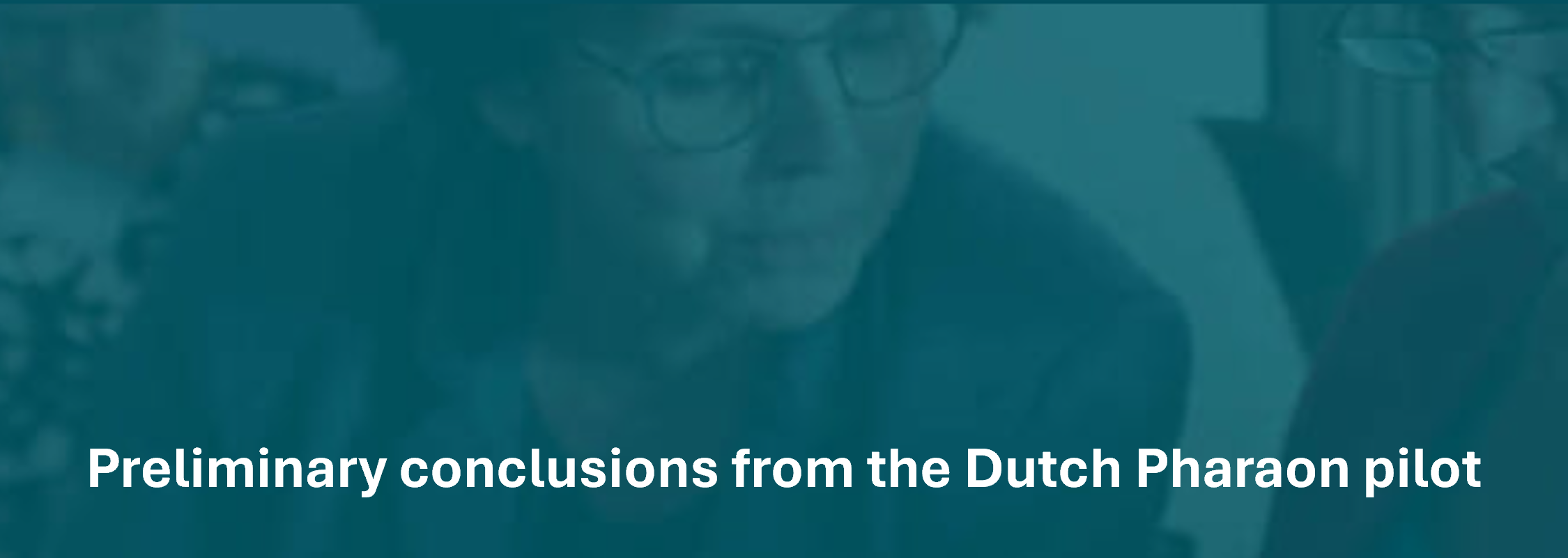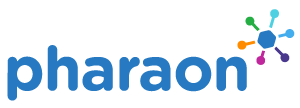
29 Feb Preliminary conclusions from the Dutch Pharaon pilot
Christiane Grünloh, senior researcher at Roessingh Research and Development, and responsible for the smooth running of the six Pharaon pilots, provides some initial insights on the Dutch Pharaon pilot. In the Dutch Pharaon pilot, the focus is on socialising around the excursions of the PlusBuses. The RegiCare customer portal from AdSysCo supports these social activities through digital exchanges.
Technology can improve healthcare and make it more efficient and cheaper, Christiane knows, but then it has to be developed for and with the users to take their needs into account, and therein often lies the crux. “I don’t know it”, “it doesn’t work”, “I don’t get it” and “what’s in it for me?” – all these were mentioned as reasons why a solution was not used in Pharaon, and they were all justified.
Close end-user involvement in the design and step-by-step building and testing of a digital solution for health and social care is necessary to reduce these problems. “If we develop technology together with the target group and thereby ensure that it really connects with users’ needs and values, we can increase acceptance, boost usage and ultimately have effect and impact,” Christiane has since learned from her many research projects.
The Pharaon partner and technology provider AdSysCo recognises this well. New developments in the RegiCare suite, such as the mobile applications and the customer portal, are developed for and with users. The same applies to implementation: active involvement and ownership of users is a key success factor. Simply making a nice solution with lots of functionality available without actively involving the end user in the how, the what and the why misses the mark. “It is not the technical solution but the user experience that determines success” says Christiane. “It does take more time, but do you want a cheap solution that doesn’t work or a slightly more expensive solution that does work?” she says with a wink.

